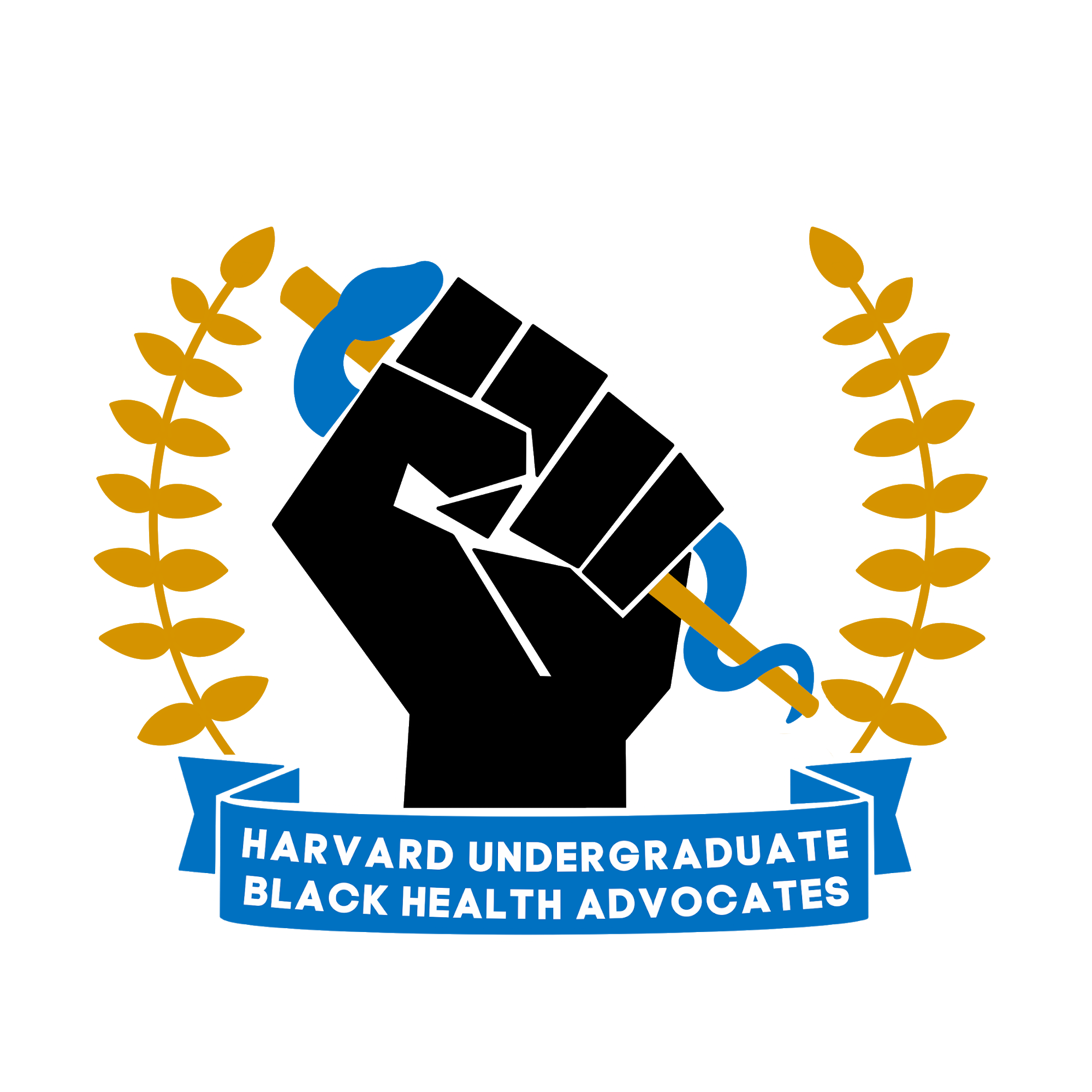Letter from The Directors
The disenfranchisement of the Black community has left a visible trail from slavery to the modern day. Activists throughout history have done the incredible work of dismantling some of the institutions which sought to categorize Black people as subhuman and unworthy of equality. Despite these efforts, however, Black people remain in the lowest quartiles of income, education, and insurance coverage, reflecting the legacy of these historical institutions and manifestations of present-day racism.
The reality of racism is not just a social issue: it is a public health issue. Despite living in a country that claims to promote equality and justice for all, the health of Black Americans has been consistently undermined by systems that question their humanity. These health disparities are not conjecture, but rather are supported by years of research on how the health outcomes of African Americans differ from the rest of the population. For example, African Americans comprise 13% of the population but account for nearly half (48%) of individuals diagnosed with HIV/AIDS in the United States. African-American women are 40% more likely to die from breast cancer than white women. African Americans are 33% more likely to die from cardiovascular disease compared to the general U.S. population. African-American children are twice as likely to die as infants than white children. Policies like residential segregation continue to expose Black people to poor living conditions that can cause or further exacerbate health issues like asthma or cystic fibrosis. Furthermore, the enactment of discriminatory legislation and enforcement practices has allowed for the mass incarceration of communities of color, ushering them into a system that largely ignores or neglects their medical needs.
A true commitment to improving the health of Black communities requires change across sectors. It is not enough to simply improve the quality of medical care if patients still struggle to get insurance coverage or continue to live in sub-par housing that only worsens their illnesses. Without a multi-faceted approach, these inequalities will remain structurally ingrained, reproduced generation after generation. We encourage people from all fields to think critically about how they can work to better the health of Black communities.
This conference will examine a variety of issues that shape our health system and contribute to the existing disparities. We will explore the relationship between Black and medical communities, especially how the history of medical experimentation on Black Americans is reflected in the medical practice today. We will discuss how the current prison system, especially the rise of for-profit prisons, has negatively impacted the health of the overwhelming number of Black individuals incarcerated and their families. We will look at how mental health has been oft-neglected in Black communities and the importance of taking care of one’s body and mind. No matter what the topic—whether it is reproductive rights, policy work or any of the other topics we have planned—we want to discuss the historical roots of the existing systemic inequalities and ways to bring about change. The goal is for our attendees to not only become better educated, but also to leave the conference with a better understanding of what they can do, small- or large-scale, to reduce the health disparities that exist.
Our conference will bring together the worlds of the academic and the organizer, the businessman and the advocate, to produce individuals who can work towards positive change in the health outcomes of Black communities regardless of their field. We are organizing this event because we know Black Health Matters. Join us if you do too.
Sincerely,
Tania Fabo & Sarah Gutema
Co-Directors of the Black Health Matters Conference
